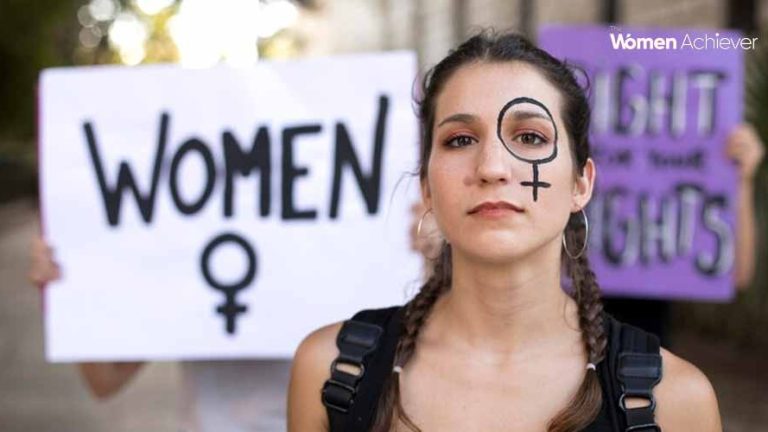Does the term “womyn” fit with contemporary feminism, given that it was coined to question patriarchy?
The term “womyn” has been a subject of debate within feminist movements for decades. Intended to remove the word “men” from “women,” it symbolizes independence from patriarchal language structures. However, its usage has sparked controversy, particularly concerning inclusivity and transphobia.
Origins and Intentions
Emerging during the second-wave feminist movement, “womyn” was adopted by some feminists to challenge linguistic norms that they believed reinforced male dominance. By altering the spelling, they aimed to create a term that stood independently of “men,” reflecting a desire for a distinct female identity.
Controversies and Criticisms
Despite its feminist origins, “womyn” has faced significant criticism:
- Trans-Exclusionary Connotations: The term has been associated with trans-exclusionary radical feminist (TERF) circles, particularly those that exclude transgender women from the category of “woman.” The phrase “womyn-born womyn” exemplifies this exclusion, implying that only individuals assigned female at birth qualify as “womyn.” This stance has been criticized for marginalizing transgender women and undermining their identities.
- Linguistic Confusion: Critics argue that alternative spellings like “womyn” or “womxn” can be confusing and unnecessary, especially since similar alterations are not applied to the word “men.” This inconsistency may dilute the intended impact of challenging patriarchal language norms.
Recent Developments
The debate over “womyn” continues in contemporary contexts:
- Educational Settings: In December 2024, the Scripps National Spelling Bee faced criticism for including “womyn” as an acceptable alternative spelling for “women” in its study materials for third-graders. This decision, aligning with the Merriam-Webster Unabridged Dictionary’s recognition of “womyn” in some feminist contexts, sparked backlash online. Critics viewed it as an unnecessary concession to feminist language reforms, while others saw it as an opportunity to discuss the evolution of language in feminist movements.
- Public Figures’ Reactions: Former collegiate swimmer and anti-trans podcast host Riley Gaines criticized the Spelling Bee’s inclusion of “womyn,” arguing that it perpetuates “fabricated issues” related to gender politics. She contended that such decisions reflect broader national debates over gender and language, which she views as distractions from more pressing concerns.
Inclusive Language and Intersectionality
The feminist movement has increasingly emphasized intersectionality, recognizing the diverse experiences and identities within it. Terms like “womyn” have been scrutinized for their potential to exclude marginalized groups, particularly transgender individuals. As a result, some activists advocate for more inclusive language, such as “womxn,” to encompass all who identify as women, regardless of their gender assigned at birth.
Conclusion
The term “womyn” illustrates the complexities of language within feminist movements. While initially adopted to challenge patriarchal structures, its associations with exclusionary practices have led to significant controversy. The ongoing debates underscore the importance of inclusive language that reflects the diverse identities within feminism, ensuring that efforts toward gender equality do not inadvertently marginalize vulnerable groups






Add comment